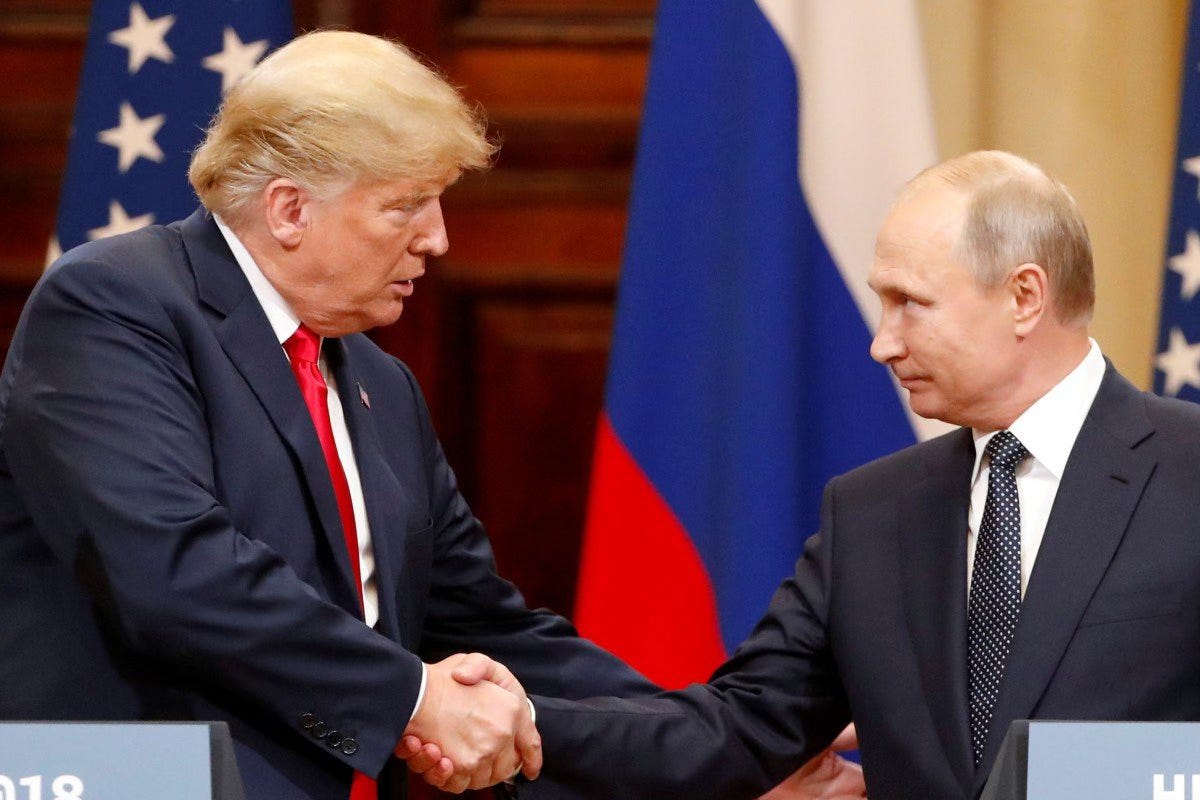Is Trump’s CIA Telling Him the Truth about Putin?
If past is prologue, Trump is not really listening to anybody who really knows Putin and Russia
Let's face it: if President Trump were getting any candid briefings on Vladimir Putin and the Alaska Summit from intelligence advisers, he never would've scheduled it—especially on such notice. Anybody who knows anything about Putin and Russia knows that the upcoming summit is a made-for-TV triumph for Putin, who’s been all dressed up with nowhere to go but China ever since he invaded Ukraine in February 2022.
Trump insists he can make “a deal” with Putin.




